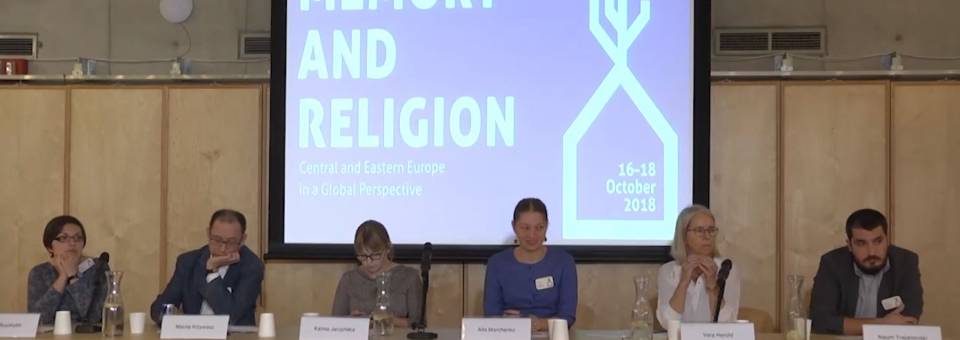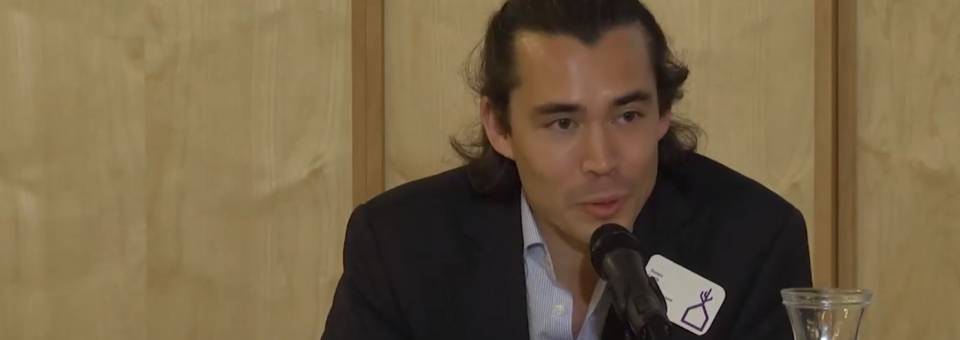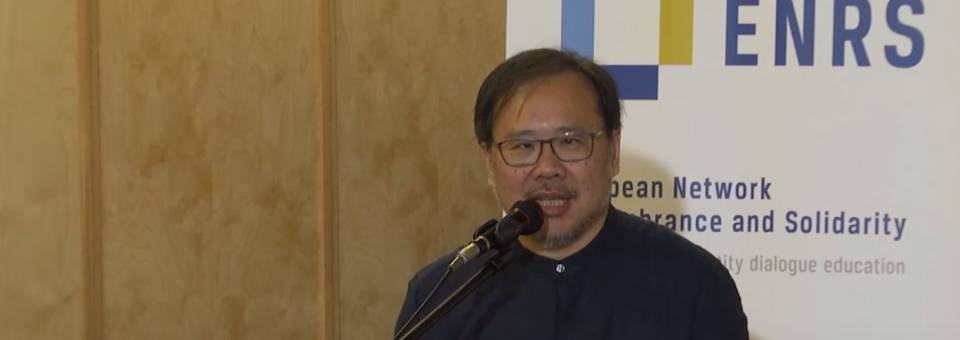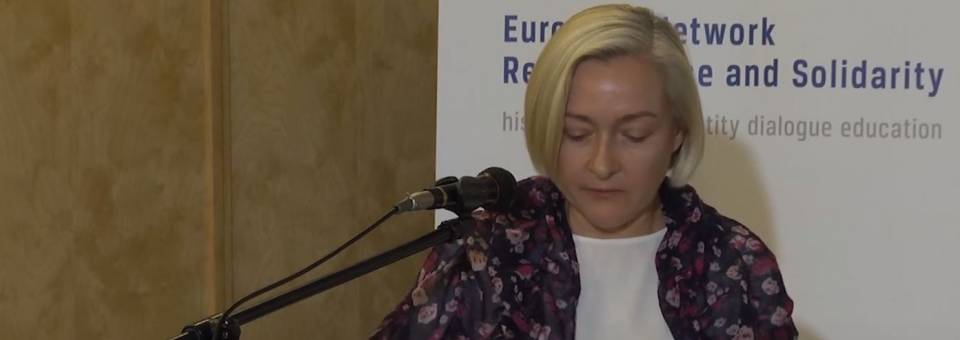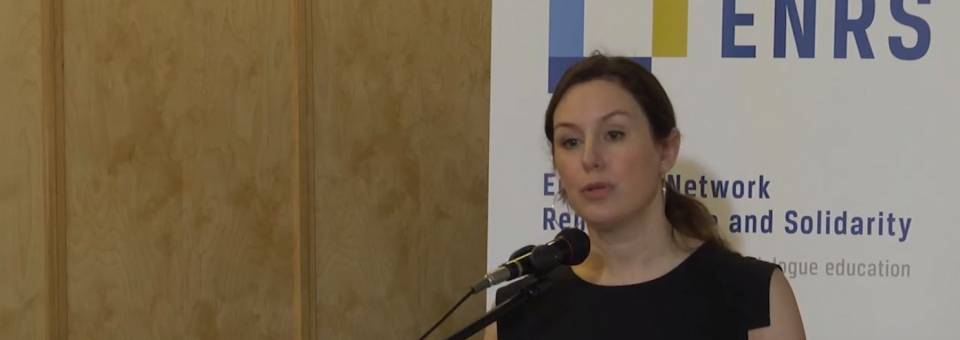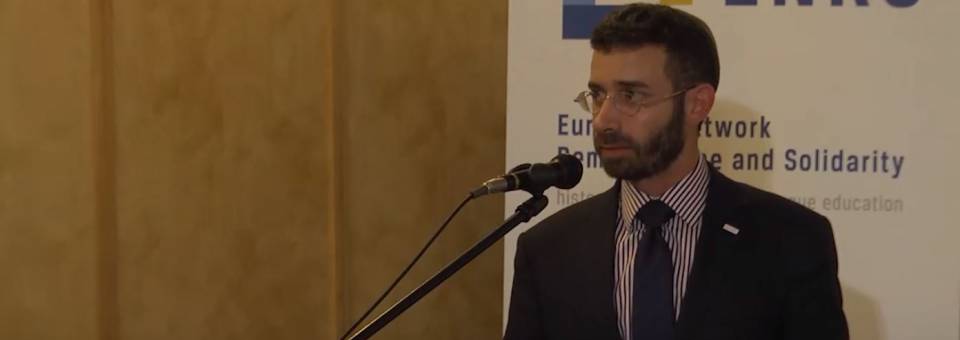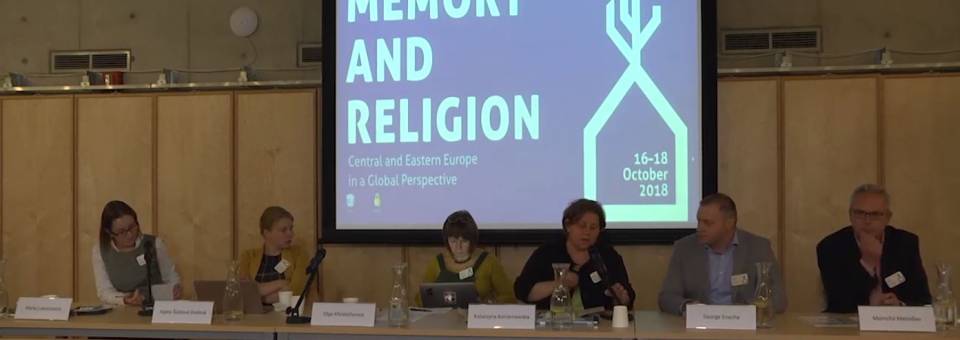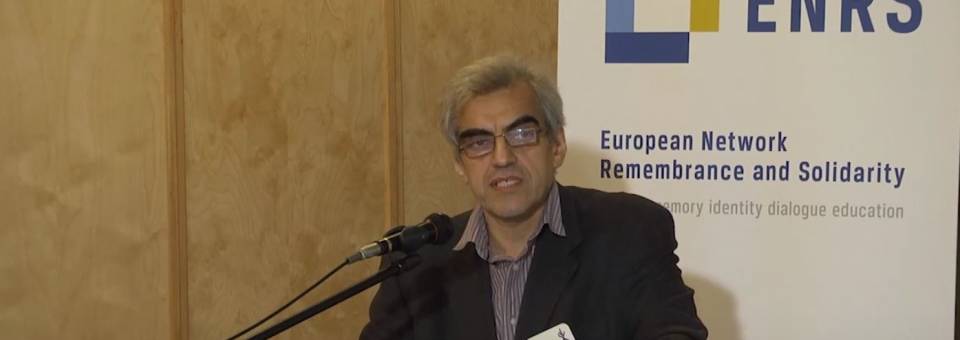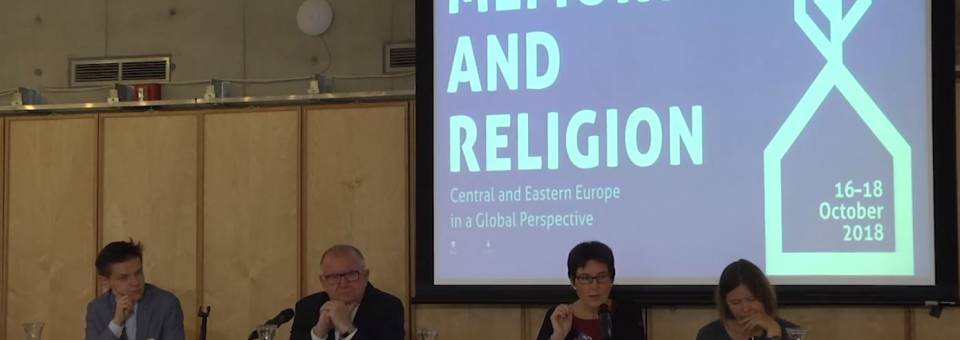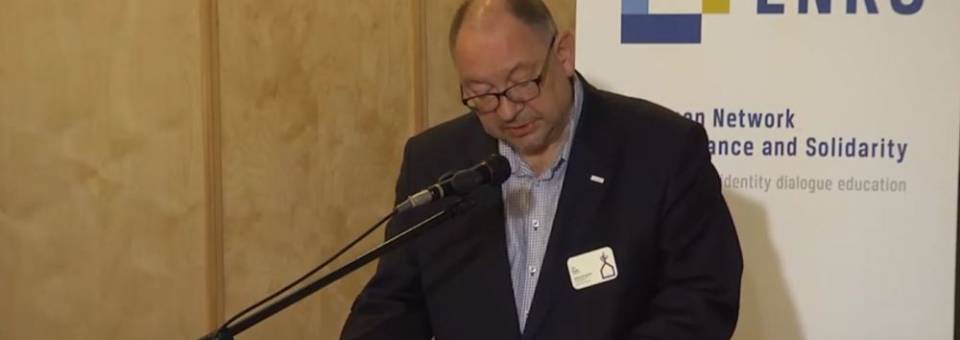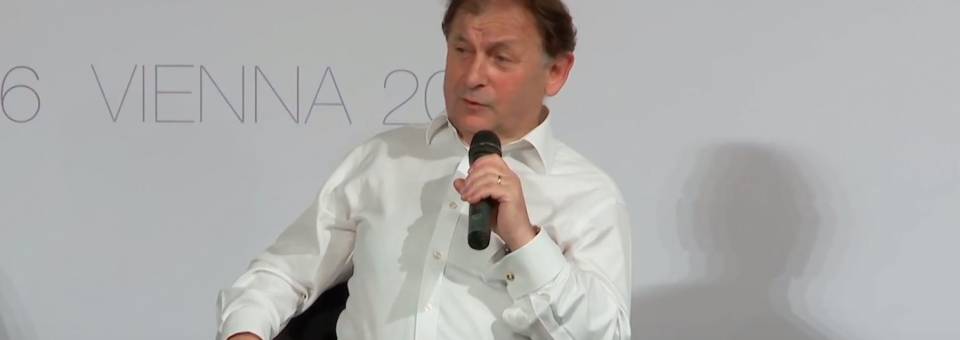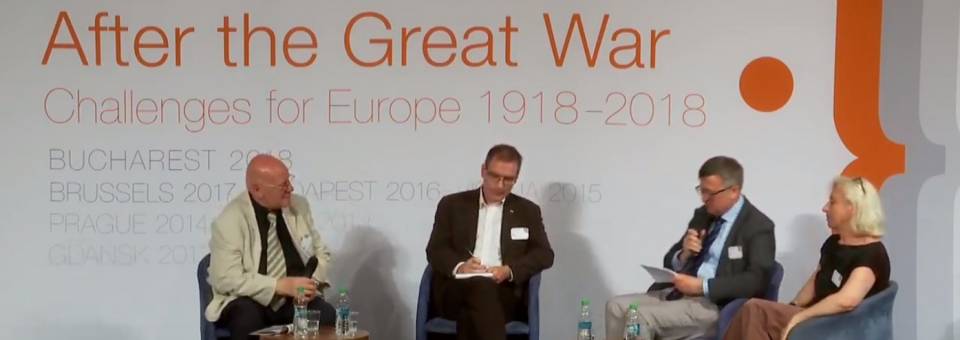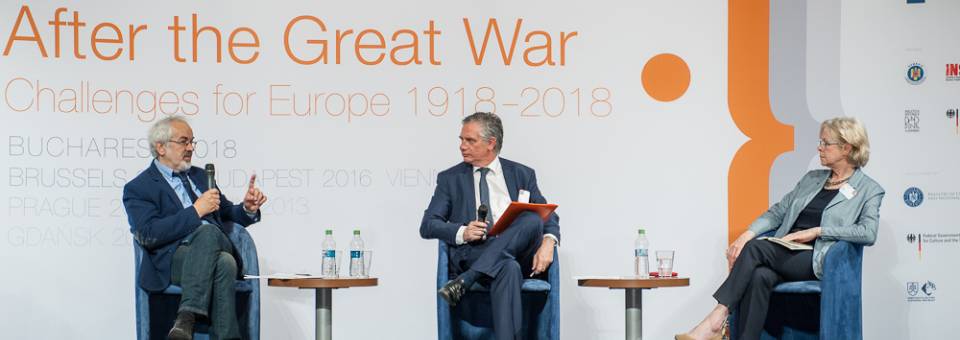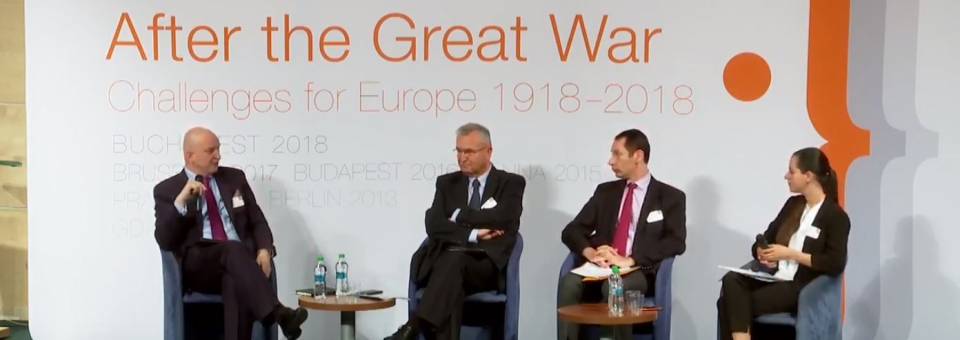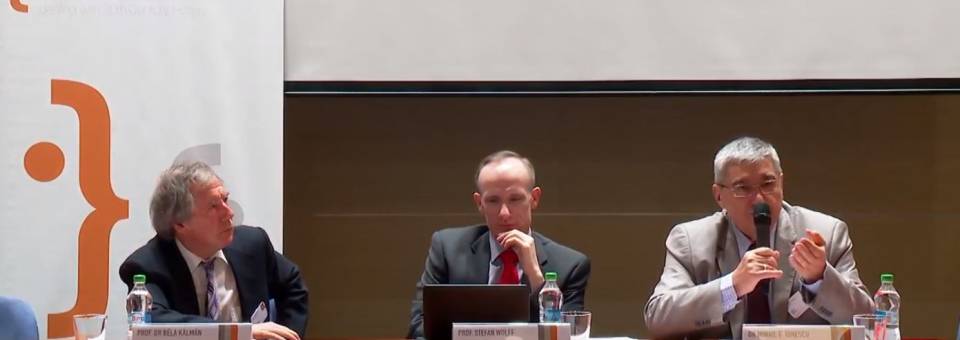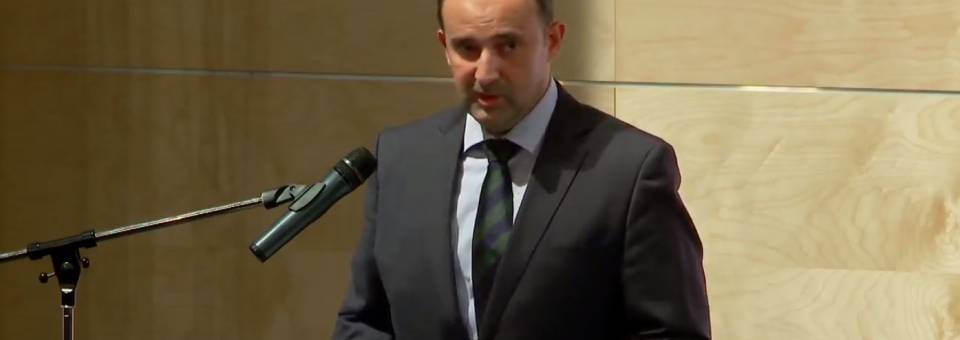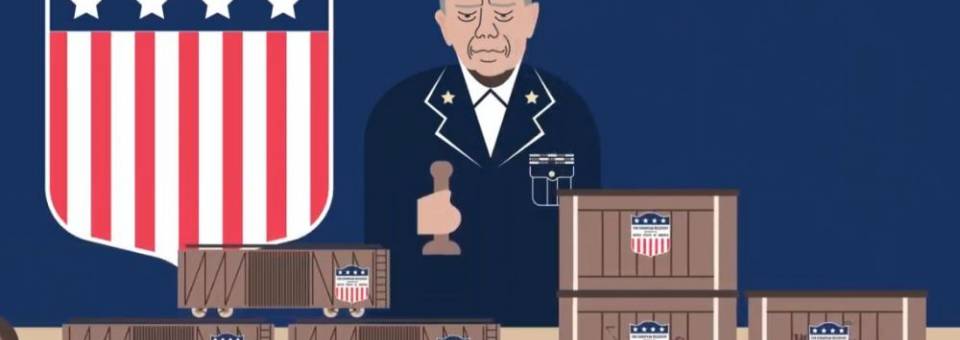The aim of the 8th conference within the Genealogies of Memory framework was to highlight the intricate links between religion and memory. The latest reflections and research findings were showcased by scholars from over 20 countries. The conference took place in Warsaw between 16 and 18 October 2018.
Chair: Dr Julia Buyskykh (Centre for Applied Anthropology, Kyiv)
Dr Karina Jarzyńska (Jagiellonian University, Kraków): Post-secular Prayers, Gravestones and Rituals. Utilizing Religion at Unmemorialized Genocide Sites
Naum Trajanovski (Polish Academy of Sciences, Institute of Advanced Studies Koszeg): Panikhida, liturgy and a parastos: Servicing the local memory of a contested historical event in contemporary Republic of Macedonia
Vera Herold (The Lisbon Consortium – Catholic University of Portugal, Lisbon): The Protestant Lissaboner Deutsche between Wars. A Palimpsestuous Reading of a Pacifist War Memorial in Bellicose Times
Dr Alla Marchenko (Polish Academy of Sciences, Warsaw): Memory and Politics in the Soviet Union: Case of the Hasidic Pilgrimage in Uman
